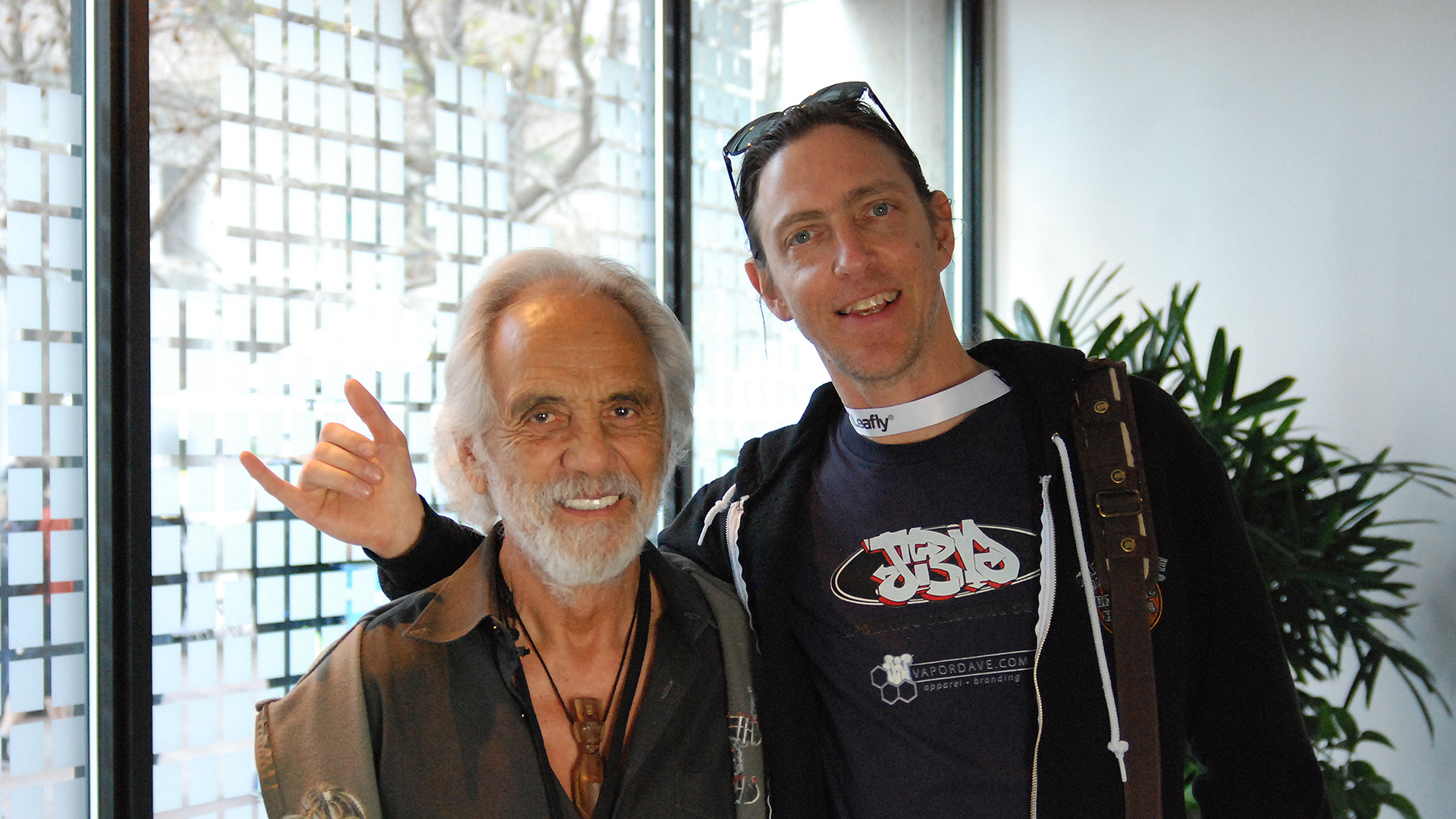
Since cannabis has become legalized in many states, celebrities have been endorsing their own brands. Celebrities such as Tommy Chong, Bob Marley, Snoop Dogg, and many others have been licensing their brand to cannabis businesses as well as promoting the products. It can be a mutually beneficial relationship. As it often does, however, the presence of cannabis creates unique legal considerations that parties need to keep in mind during the drafting and negotiation process.
Receiving profits
As part of a celebrity license agreement, the parties may decide that the celebrity will be compensated with a percentage of sales from the products. This is certainly not unusual, but the parties to such agreements must take particular care in specifying precisely when this percentage gets calculated. From the perspective of the cannabis business, it would be preferable to calculate the celebrity’s percentage after all the expenses and taxes are calculated. Significant cannabis excise taxes and the unavailability of standard tax deductions due to Internal Revenue Code §280e eat far more dramatically into gross revenue than in typical product-based industries, so parties must be cautious in borrowing standard terms from these industries. In California, at least, another issue unique to the cannabis industry is that the cannabis business will need to register the celebrity with the Department of Cannabis Control as a Financial Interest Holder. This requirement can create a sour taste in the mouths of some celebrities. Thus, it is best to get this and other unusual regulatory requirements out in the open at the outset and account for them in the licensing agreement itself.
Celebrity advertisements
The cannabis business may be inclined to ask the celebrity to promote the business or the products themselves on the celebrity’s social media. However, it will be critical that the celebrity abide by the cannabis regulations surrounding advertisements. Such requirements demand that the licensee keep a record of advertisements, so the licensee needs to keep track of the celebrity’s social media accounts or require the celebrity to always send a copy to the licensee. The posts need to also include the licensee’s license number and exclude depictions/images of individuals under 21 years old and any objects that may appeal to someone under 21 years of age. Plus, it needs to be verified that at least 71.6% of the social media’s audience is 21 years or older. From the perspective of the celebrity, these requirements may be onerous, but worst of all, they could run the risk of being banned or shadow banned from social media for advertising cannabis on the social media. The parties would be wise to negotiate up front how, if at all, such events might alter the parties’ rights as against one another.
Termination and the remaining packaging
If the contract is terminated for any reason, it is important to consider what happens to the products already packaged in the brand and any remaining packaging with the brand already on it. Retailers are generally not allowed to package products so the retailer would have to return packaged product to another licensee for repackaging. Unfortunately, returns on cannabis are extremely limited so it would be best practice to include in the contract that any remaining products that are already packaged in the brand be allowed to be sold. For any packaging that hasn’t already been used, the celebrity could allow the licensee to use it through a sell-off period or the licensee could give the packaging to the celebrity and offset the celebrity’s proceeds with the cost of the packaging.
Dispute resolution and the illegal contract doctrine
Contracts often require the parties to use arbitration or mediation in the case of dispute resolution. Unfortunately, cannabis is still illegal on a federal level, so the illegal contract doctrine presents a potential danger to parties seeking to enforce cannabis-related contracts. While California has passed legislation stating clearly that otherwise legitimate contracts related to commercial cannabis business are lawful, federal district courts—even in the Ninth Circuit—have been increasingly willing to declare at least some such contracts unenforceable. Parties, however, can work around this prospect by inserting contract provisions waiving the doctrine and submitting the matter to arbitration. This allows the parties to any dispute arising out of a celebrity licensing deal to focus on the substance of their positions, rather than the legality of cannabis.
Kevin Dalia
Jason Horst
